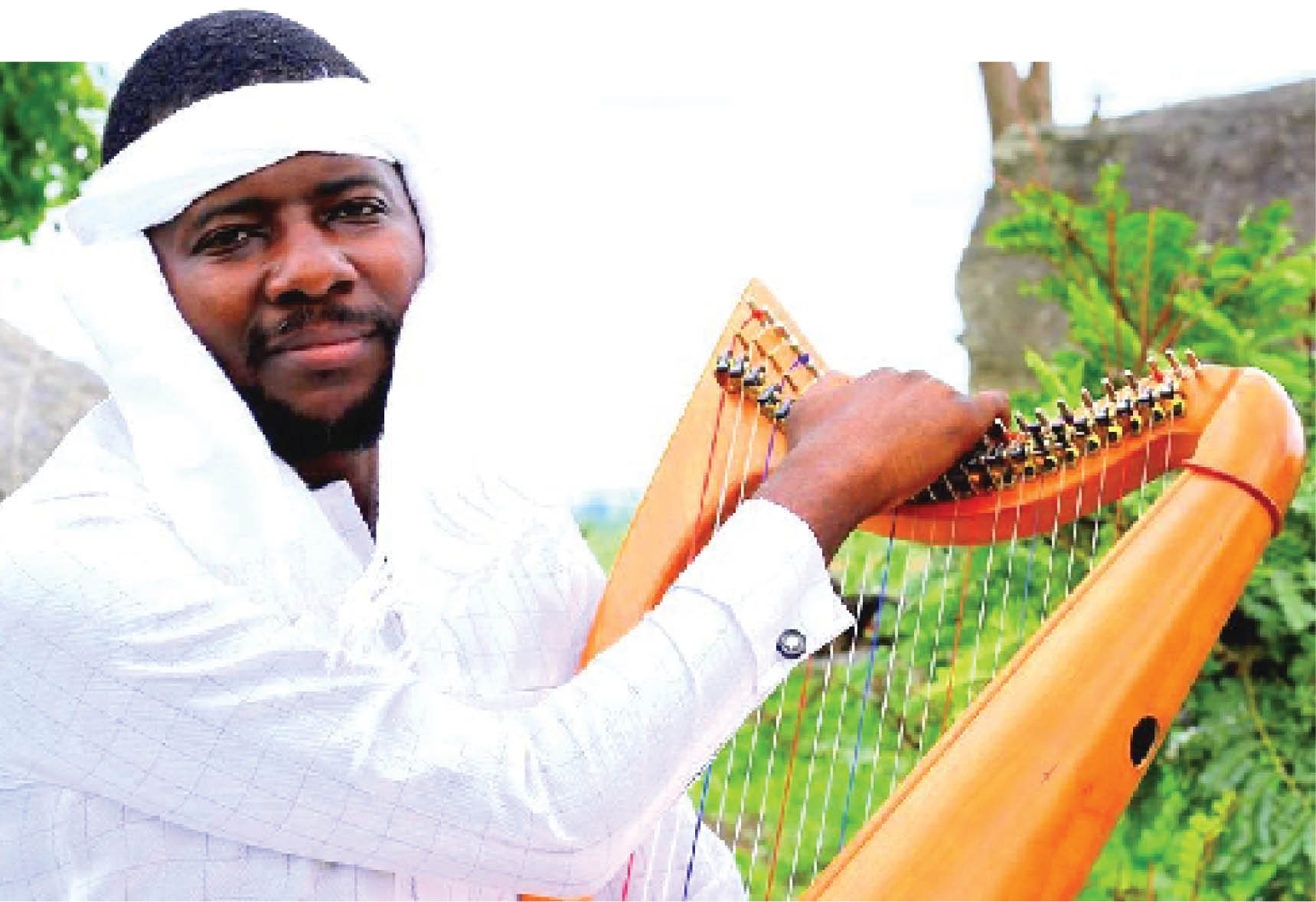Jeremiah Gyang is a singer, songwriter, instrumentalist and producer best known for his 2004 debut album, ‘Na Ba Ka,’ followed by ‘The Love Album’ and ‘The Black Tape.’ In this interview, Gyang who sings in English, Hausa and his local dialect, Berom, talks about his place as an artist, and more. Excerpts:
Weekend Magazine: Since ‘The Love Album’ in 2012, you are yet to release another album and appear to have gone under the radar. Why is that?
Jeremiah Gyang: I have never really been quiet. I have never stopped doing music and I have never stopped travelling to places to perform. It’s just that at a time the product I have was serving the interest of people who control the airways and it wasn’t really serving my purpose.
I don’t really do albums anymore because it isn’t serving my purpose. I am now into releasing singles, and just about two weeks ago I released my new single. I began making singles in 2014 and I come out with them regularly.
WM: How do you market them?
Gyang: I have my social media channels where I drop my singles and my dedicated fans share and spread it on the internet and people from different countries get access to it.
WM: Does doing strictly singles pay more?
Gyang: If you don’t have a music company that is assisting you to push your product, then it is always better to do singles. In fact, singles are even more effective for marketing because you are always coming out with something new.
I also make money when people invite me and my band to perform. As a musician, there are other tasks I engage in to generate income. Again, although my songs are free to download online, there are other paid online platforms or sites I use that one would need to subscribe to before they get access to it. Interestingly, there are people who prefer to get it from those sites where they have to subscribe because they are used to listening to music from there. Examples of such platforms are iTunes, fortify, and so on.
WM: Do your singles boost your chances of getting invitations to perform at events?
Gyang: My singles online have nothing to do with my getting invitations to perform anywhere. I just use that to keep connecting with my fans all times. I look at myself as someone who is a messenger from God, and music is a gift for me. Basically, what happens is that I put the music out there and people download them, listen to them and get inspired.
WM: Some see you as a gospel artist who has deviated. What do you have to say about this?
Gyang: These are all rumours and speculations. I have never accepted that I am a gospel artist, and I am still not a gospel artist. The Bible does not require me to be a gospel artist. The Bible requires me to sing psalms, hymns and spiritual songs. So, the nomenclature, gospel artist, is inconsequential with the requirement of the Bible. I cannot place myself on the mercy of that marketing nomenclature. That is because if I do, I will shut down my market completely. I can never in this lifetime accept to be a gospel artist because that is not what I am. If anyone wants to have a conversation with me as regards my religious/spiritual convictions, that’s a different conversation entirely. For instance, can a journalist be referred to as a gospel or secular Journalist? No. You are a Journalist. That’s who you are, and as such you can interview a Christian, a Muslim or anyone. Same applies to me. I am a musician, and as such I can sing in church and other social gatherings. So, that nomenclature of gospel artist is limiting and I cannot accept that. When I sing in most churches, I don’t collect money, depending on the church’s pattern, and if it is forthright and in agreement with me. I mean any church into charity and humanitarian outreach.
WM: There is still that significant distinction in the minds of people about those who sing in church and those who sing in other social gatherings, and this often sends ‘wrong signals,’ so to speak, to them. Have you ever felt such ‘wrong signal’ perceived about you?
Gyang: Yes. You know we live in a world where the Pharisees are in charge (those who care more about outward religious appearance than genuine faith). But Jesus Christ, according to the Bible, used to spend time with those the Pharisees called sinners, and they questioned him about that. So, if you call yourself a gospel artist and sing in the church alone, how can you reach out to the outside world with your song? Salt is useless in a container until it is brought out and used. So, in all, the only person I have never tried to displease is God and no one else.
WM: One of your recent singles sung in Hausa, is titled ‘Dan Gata.’ What inspired it?
Gyang: The song is all about encouraging the rejected, the downtrodden in the society and the downcast.
WM: Plateau State has many talented people, yet it lags far behind states like Lagos where entertainers flourish. What in your opinion is the problem?
Gyang: The problem is that we don’t value what we have and don’t promote ourselves. If you wait for a middleman and fail to dance to their tune, it won’t work. You may make money in Lagos, but end up not developing your home state.

 Join Daily Trust WhatsApp Community For Quick Access To News and Happenings Around You.
Join Daily Trust WhatsApp Community For Quick Access To News and Happenings Around You.


